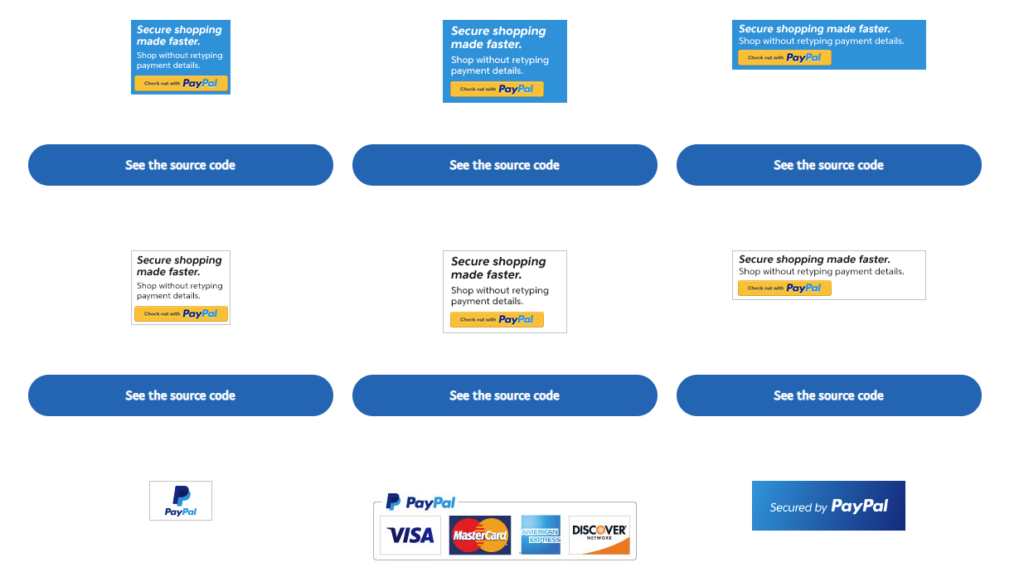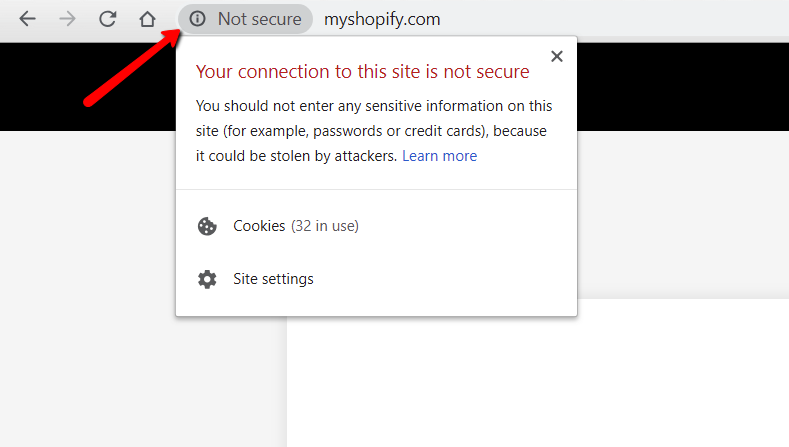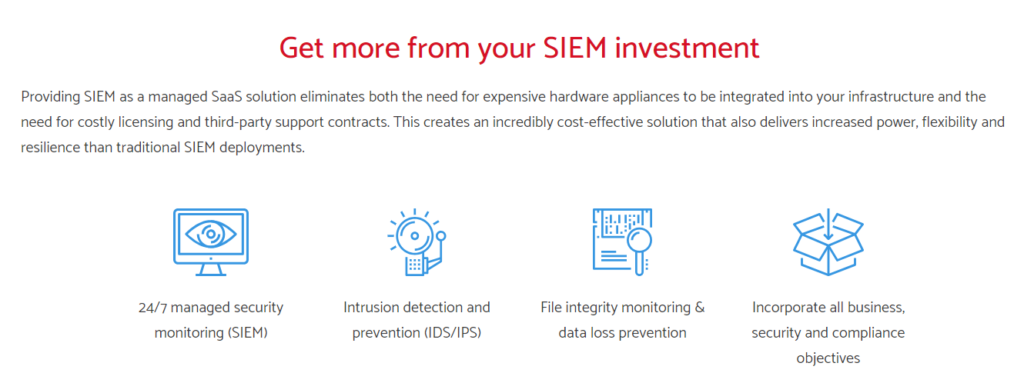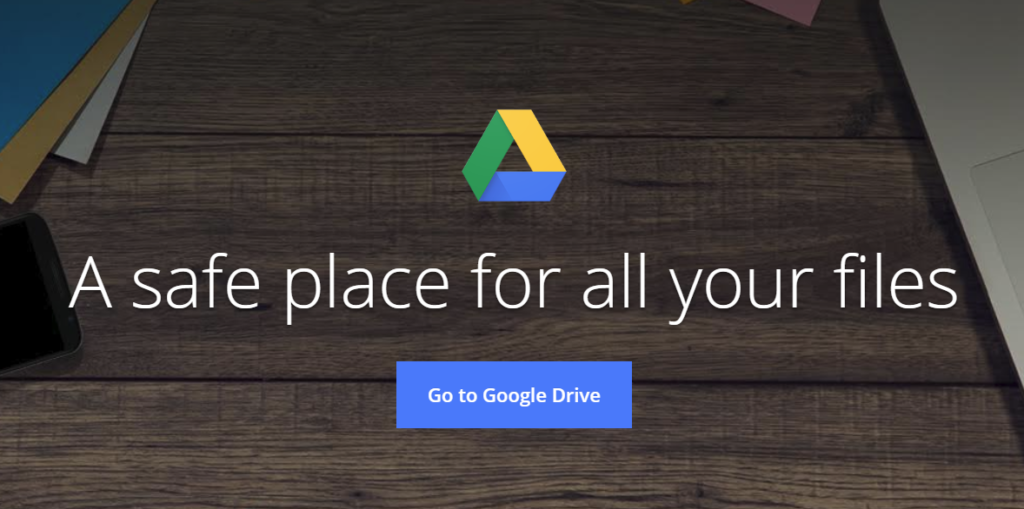
https://pixabay.com/photos/wallet-money-credit-card-online-2125548/
Table of Contents
Cybersecurity — why is it still a thing now?
Decades into the internet age, you would think that cybersecurity companies have already developed foolproof solutions that can avert any breach. However, statistics clearly show that hackers are more than capable of keeping up with ever-evolving technology.
According to the 2018 BDO Cyber Governance Survey, 73 percent of organizations now have to rely on third-party providers to meet their cybersecurity risk requirements
To put things in perspective, that’s an increase of 30 percent from 2016 — just two years ago.
The good news is, cybersecurity doesn’t have to be a complicated ordeal.
There are many ways small businesses or even solopreneurs to protect their ventures against online threats. And in this post, we’ll discuss the steps you can take as well as their benefits.
Let’s jump in.
1. Winning Your Customers’ Trust
If you’re worried about the added costs of implementing comprehensive cybersecurity for your business, think about the conversion opportunities you’re missing out on because your customers don’t trust your brand.
Here’s a wake-up call: 40 percent of online shoppers may halt their purchase if they’re unsure of a website’s security.
It shouldn’t be surprising, especially now that consumers are savvier and more privacy-aware than ever.
On the flip side, businesses can now use cybersecurity and privacy as a selling point.
Something as simple as a trust seal from a popular cybersecurity service or payment gateway can help you build buyer confidence. PayPal, for example, offers vendors verified logos that can help them win the trust of their customers — from credit banners to return shipping guarantee seals.

2. Improving Your Search Engine Rankings
At this point, it’s safe to assume that you’ve read about Search Engine Optimization or SEO somewhere.
It’s basically one of the pillars of modern digital marketing — helping websites earn free, organic traffic from search engines.
Google, in particular, heavily emphasizes user experience as an objective for websites who wish to rank. After all, it’s their brand on the line if they recommend content from untrusted websites that offer no value whatsoever.
To encourage businesses to reinforce their website’s security, they use Hyper Text Transfer Protocol Secure or HTTPS as one of the SEO ranking factors in their engine. This works by encrypting information such as credit card numbers, passwords, and usernames while they are being processed on a site.
Without HTTPS, the Chrome browser will promptly warn users about the risks of using a site — essentially telling them not to buy or make any sort of transaction.

HTTPS can be implemented with an SSL certificate, which is offered by most hosting service providers and third-party vendors like SSLs.com, clickssl.net.
3. Stopping Zero-Day Attacks
In simple terms, a zero-day attack is an exploit that hackers take advantage of before organizations even discover the vulnerability.
If you think about it, there’s no real way to defend against a threat that you’ve no idea of. Fortunately, enterprises can leverage threat intelligence matched with machine learning to stop zero-day attacks before they cause serious damage.
A managed SIEM or Security Information and Event Management service does just that. Put simply, these services work by utilizing multiple threat intelligence feeds to identify the latest threats.
It then works around the clock to monitor your organization’s systems for any anomalies — stopping threats dead on their tracks before they even show symptoms.
Bulletproof is a UK-based company that offers managed SIEM services for all business sizes. They also offer additional services like vulnerability assessments, infrastructure testing, and 24-hour cyber incident response.

4. Saving Your Startup from Death
The 2018 Cost of Data Breach Study by Ponemon reveals that the average cost of data breaches is $3.86 million.
That is, by no means, a small amount. As a matter of fact, 60 percent of small businesses shut down in six months following a cyber-attack.
Keep in mind that downtimes and stolen records aren’t the only consequences of being complacent with your cybersecurity. If a breach involves customer data, you also risk losing the trust of your customers — something that takes a lot of time to build but could collapse like a house of cards in a single incident.
This can be prevented with the right security software and a little planning.
For example, to eliminate the risk of losing everything after a breach, invest in scheduled backup services that guarantee the safety of your data in the background.
In a cybersecurity ecosystem, backups function as a failsafe that can help you restore operations once a cyber-attack manages to puncture through your defenses. This can be done locally or with the help of cloud storage services like OneDrive and Google Drive.

5. Preventing Downtime
Finally, you can’t overlook the profits you’ll miss in case you’re targeted by cyber-attacks that result in downtimes.
One popular example would be a Distributed Denial of Service or DDoS attacks.
A DDoS attack occurs when a hacker uses a large network of infected systems — called a botnet — to flood servers with malicious traffic. As the name suggests, such an event will deny legitimate users access to the targeted website.
Fortunately, DDoS attack mitigation is among the staple features of modern cybersecurity services. Even hosting companies like HostGator have built-in DDoS protection bundled with a web application firewall and exhaustive security rule sets.
There are also Content Delivery Networks or CDNs that spread the workload of handling traffic across a number of remote, proxy servers. This can give any website a “cushion” that protects against the sudden influx of malicious traffic that DDoS attacks bring.
As an added bonus, CDNs also improves your website’s overall performance by reducing latency to distant users. In turn, they can also boost your website’s conversions and search engine rankings.
Conclusion
That’s it — five reasons why your business cybersecurity and what to do about them.
The points above should be more than enough to convince anyone to mobilize their cybersecurity plans as soon as possible.
Always remember, we live in an age where cybersecurity is no longer an option. It is a necessity that ensures the long-term survival of your business.
If you have any questions, suggestions, or just feedback in general, don’t hesitate to leave a reply below. Cheers!

